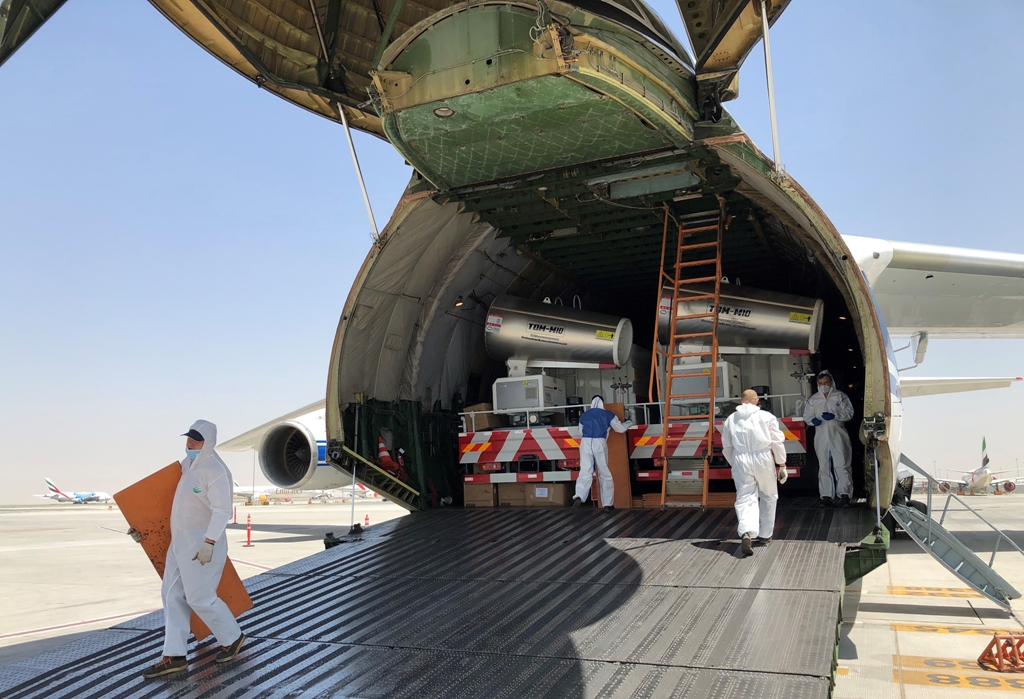
03 Dec Forwarders see their cargo bumped as vaccine shipments take off
It starts: forwarders begin to feel the pain as vaccine delivery begins – they get bumped from booked flights.
“Singapore Airlines has loaded vaccines in Amsterdam for the past few days,” one European air freight forwarder said, “I keep getting offloaded. It began.”
The UK-licensed Pfizer/BioNTech vaccine is manufactured in Belgium as well as in Michigan, Massachusetts, and St. Louis in the US, while BioNTech was reportedly considering sites in Germany.
The most temperature-sensitive vaccine available so far, it must be kept ultra-cold – at -70C – however, IATA Cargo Chief Glyn Hughes noted last week, it’s easier to carry than ‘fridge-cold’ vaccines.
“Pfizer’s packaging contains thermal and external refrigerants. It’s self-contained,” he explained.
Covid-19 vaccine delivery will be complicated, with network strings extending across the world depending on production sites and government orders. There are five possible Chinese-made vaccines as well as the much-publicized Moderna and AstraZeneca options alongside Russian vaccine Sputnik V.
Many are already brought. Turkish Airlines Cargo said last month it was flying a Chinese vaccine from Beijing to Brazil and AirBridgeCargo, in collaboration with UPS and pharmaceutical logistics firm Marken, started shipping the Chinese version of CanSino.
And twice a week, Alibaba’s Cainiao Smart Logistics Network said it was collaborating with Ethiopian Airlines to send temperature-controlled medicines from Shenzhen to Africa.
The new product, however, is not the only Covid-related shipment to capture air freight power. One forwarder noted, “huge tonnes of Covid-19 test kits are heading to the EU from Korea with top priority, mainly to Frankfurt – in December over 1,000 tonnes of direct freight services to all EU/UK lanes.”
Another forwarder added: “We’re having problems and seeing massive rates on Korea’s westbound.”
The Korean test kits are also facing capacity competition, as both Hyundai and Kia are sending shipments to Vienna and Frankfurt, originally bound for sea travel. The forwarder said ocean availability was “full to January,” affecting air freight.
“Direct airlines keep increasing rates based on available space. Deferred airlines will follow.”
“Loads of bad things happen. Or, difficult, I’d say. Just when you felt it couldn’t get worse, it’s tragic.”

